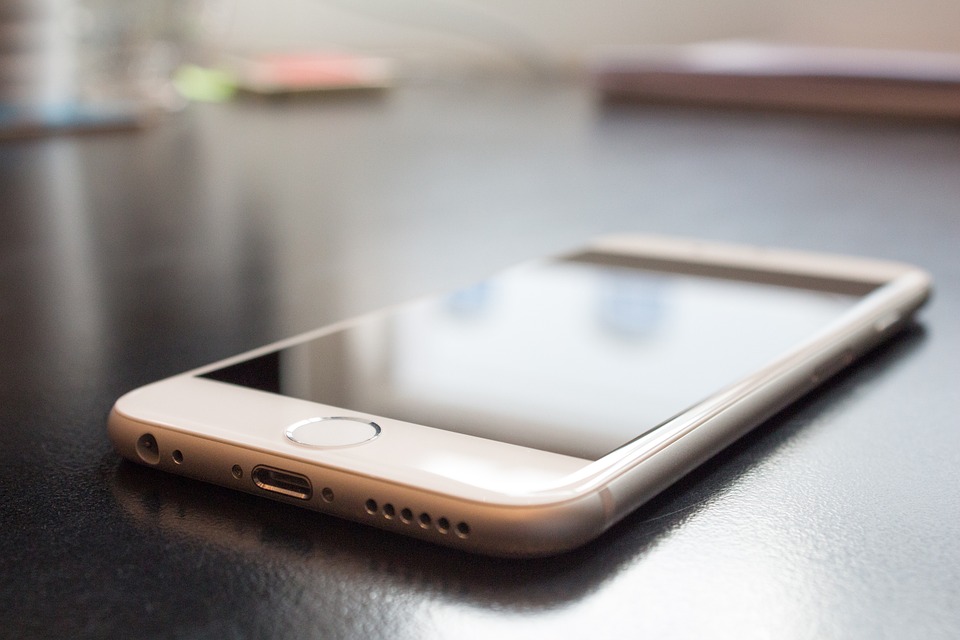
One warm May morning, ICTS Director of Customer Services, Kira Chernotsky, was headed from her office in Mowbray to a meeting on lower campus. To enjoy the beautiful weather, Kira thought she'd take a stroll up to her meeting, but little did she know, a nearby criminal had other plans.
As she walked along Main Road, she attracted the attention of a man who saw her as an ideal target. He followed Kira and tried to grab her bag - which contained her laptop, mobile phone and staff card. Shocked by the attack, but refusing to lose her possessions, Kira hung on to the bag and was subsequently dragged across the tarmac as the attacker tried to escape to the nearby train station.
She eventually let go in the middle of the busy road, disoriented and with blood streaming down her leg. Kira stumbled back to her office where, although severely shaken, she had the good sense to start protecting what was still under her control - her data. She immediately set about changing the passwords for her various accounts.
Operation find-my-phone
Steven Ganger, Investigations Manager at UCT's Campus Protection Services, was soon on the scene along with a group of police officers. To assist in their search, they used Kira's Find My iPhone app - which had been activated on her phone. Without the thief knowing, the app traced the phone to Athlone and emailed Kira a map of the area. Steven and the police took the map and rushed to the area, searching high and low and questioning people as to the whereabouts of the thief. No luck.
And because a man with stolen goods doesn't stay in one place for very long, the app indicated that he was on the move again. Unbeknownst to the thief, Kira's colleagues sitting in the ICTS offices were able to track his movements using a combination of the Find my iPhone app and Google Maps with Street View - all the while keeping the police updated as to his whereabouts.
He eventually settled for an extended time at the Department of Home Affairs in Mitchell's Plain. When the police went in, they couldn't find a suspect matching the mugger's description. However, one man's suspicious behaviour tipped them off. While everyone else looked up to see why they were stalking around the room, one man stared fixedly at his cell phone. The only problem was - he wasn't using the stolen iPhone.
This didn't deter Kira's heroes back in the office, who activated the app's Play Sound option and a ringing sound emanated from the man's backpack. The police seized him, finding both the phone and the dagger.
Case closed.
Not.
The plot thickens
Sadly, the police found no trace of Kira's laptop - which had also been in her stolen bag. They pressed the suspect to find out where it was and he eventually confessed that he hadn't been the person who had mugged Kira. He told police that he and his friends had robbed the original mugger when he'd tried to sell them the stolen goods. He had taken the phone and dagger, while his friend had taken the laptop. His story was later corroborated by someone who witnessed the second mugging.
How does it end?
While Kira got her phone back, the laptop has still not been recovered. At least three arrests have been made so far, with all suspects having already appeared in court. The case is currently postponed while the police are investigating and trying to locate the stolen laptop.
Kira has recovered from the ordeal and is particularly grateful for the amazing support she received from everyone who helped in her time of need. She's also learned some very valuable security lessons from the whole incident.
It could happen to you
You can never be totally sure that you'll be safe from crime, but when it comes to technological devices, you can put in several measures to minimise the risks.
Kira's incident taught her these important lessons:
- Keep details about your device: Take note of your device's serial number and model number. Also note the MAC address and computer. This information is important when reporting the theft to the police, but it can also be used to track the thief's Internet activity if he/she uses your device online.
- Be password-savvy:
- Password-protect your devices. It's not a completely fool-proof security system, but it does provide a first line of defence and some deterrent against the thief using your device.
- If your device is stolen, immediately change the passwords of all online services you use on the device - such as online banking, your UCT network account, your external email account, social media accounts and cloud or online storage services.
- Use tracking software:
- Download tracking software if it's not already installed. Mobile devices' pre-installed options include Android Device Manager, Apple's Find My iPhone, iPad and Mac, Windows' Find My Phone and BlackBerry Protect.
- Make sure that you activate the software and test that it works.
- Learn how to use the various features so that you can assist the police if need be.
- Don't keep sensitive data on your device:
- Don't keep scans of your sensitive documents (e.g. ID document, driver's licence) or information (credit card statements, etc.) on your device, as these can be used for identity theft.
- Don't store passwords on your device - either in a document or in your web browser's "Keep me logged in" option for online accounts.
- Back up your data: Whether you store personal or work-related files on your device, make sure that you regularly back up anything that's valuable to you. Losing a device is already stressful, but your worries will be compounded if you have no way of recovering important data.
With an already high crime rate in South Africa, plus the proliferation of mobile devices in the country, criminals are finding more and more opportunities to steal from unsuspecting victims. That's why now, more than ever before, it's critical to be security-wise. Kira's story illustrates the benefits of applying protective measures (such as her phone-tracking app) and of covering important gaps (such as backing up her data).
There's always a chance that you could be the next target, so protect yourself, your devices and your data. Be cyber safe.
